Everyone knows that health and fitness go hand-in-hand with protein. We hear fitness experts and nutritionists speak about it regularly, but many of us don’t have a good grasp on what it is – or how to get enough of it into our diets.
Every vegan, at one point or another, has been asked the inevitable question: “But where do you get your protein from?”
In order to be able to answer this question, we must first understand what proteins are. Protein is an essential macronutrient that is utilized by our bodies to create almost everything. It is found in our hair, skin, bones, muscles, and virtually every other tissue and body part. In fact, at least 10,000 different proteins combine within our bodies to make us what we are. Muscle building, in particular, requires adequate amounts of protein for proper formation. So, for those who workout regularly, ensuring your body gets the protein it needs every day is essential.
Proteins are made up of amino acids. There are over 20 amino acids that make up various kinds of proteins and our bodies are able to synthesize all but 9 of them. These are called the essential amino acids. So how does someone get these 9 essential amino acids? In simplest terms: food. Meat and fish are the most protein-packed foods humans can eat; however, these are in the do-not-eat category for vegans.
The importance of amino acids
Luckily for us, there are many plant-based proteins to be found. Many vegetables, seeds, and legumes have varying amounts of protein. There are even a few plant-based sources of protein that provide a complete source of amino acids – quinoa, buckwheat, and soybeans are among them. When following a vegan diet, regular incorporation of these and other foods will provide all the protein your body will need.
However, unlike meat and fish, most plant-based proteins are not always complete. In simple terms, this means they are not composed of all 9 essential aminos. Because of this, vegans must eat a wide array of foods in order to ensure you get not only all the protein you need, but all the essential aminos you need as well.
The power of protein powder
Ensuring our diet is varied enough to get all the proteins we need can be challenging. Some of us don’t have the time to cook, or we don’t have the best culinary skills, or maybe we just don’t have the energy and motivation to create balanced meals on top of everything else we do each day. This is where protein powder enters the stage! Although whole foods will always provide us with not only the best proteins but also ample other nutrients, protein powders can be a great way of supplementing otherwise balanced diets.
Most protein powders get their protein components from non-vegan sources. The most common are whey, casein, and egg. Although these have their benefits, many vegan sources can be found on the market that provide similar gains:
Pea Protein: Pea protein is made from yellow split peas and is growing in popularity.
- It contains all of the essential amino acids however, methionine concentrations are fairly low
- Promotes feelings of fullness and increases muscle growth as efficiently as animal-derived sources do.
- Rich in iron. One serving provides between 28 and 42% of the recommended daily intake of iron for premenopausal women.
Hemp Protein: With the benefits of marijuana usage becoming more apparent, hemp is also getting some spotlight. Hemp is gaining popularity as a protein source as it has many other health benefits accompanying the high protein content.
- Hemp is a complete protein and 30 grams of protein powder contains 15 grams of protein and 120 calories. It is an easily digestible protein, unlike many other plant based proteins.
- High in the ideal ratio 3:1 of Omega-6 and Omega-3
- Has strong antioxidant properties, protecting the body from free radicals.
- High in fiber, with 8 grams of fiber for every 30 grams of protein powder.
Brown Rice Protein: This protein type has been around for a while but is considered an inferior muscle builder to whey.
- It is a complete protein however, its lysine content is very low.
- Not enough research on brown rice protein has been conducted.
- Has strong antioxidant properties, protecting the body from free radicals.
Mixed Plant Proteins: Some manufacturers have started to combine proteins from various plant-based sources in an effort to provide all the essential amino acids.
- These are better for long-term digestion as plants digest slower.
- If you are looking for fast absorption, some mixed plant protein powders have added enzymes to speed digestion. This makes the amino acids available for immediate use by the muscles after a workout.
- Various health benefits can be found depending on the plant proteins used in the mix.
With so many plant-based options available, you might want to try out a few different brands and plant sources to see which one works best with your diet, fitness goals and body. Check out some of our best plant protein options here!


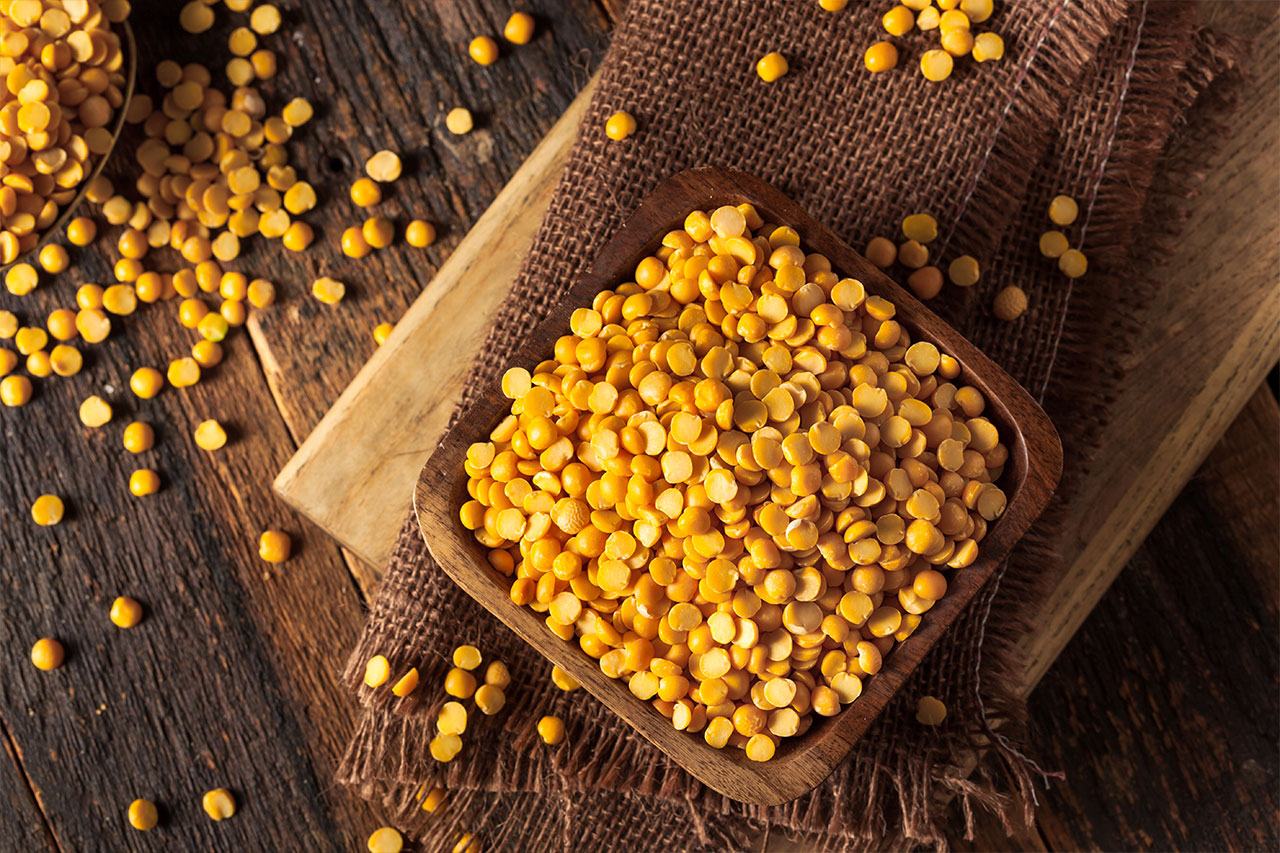
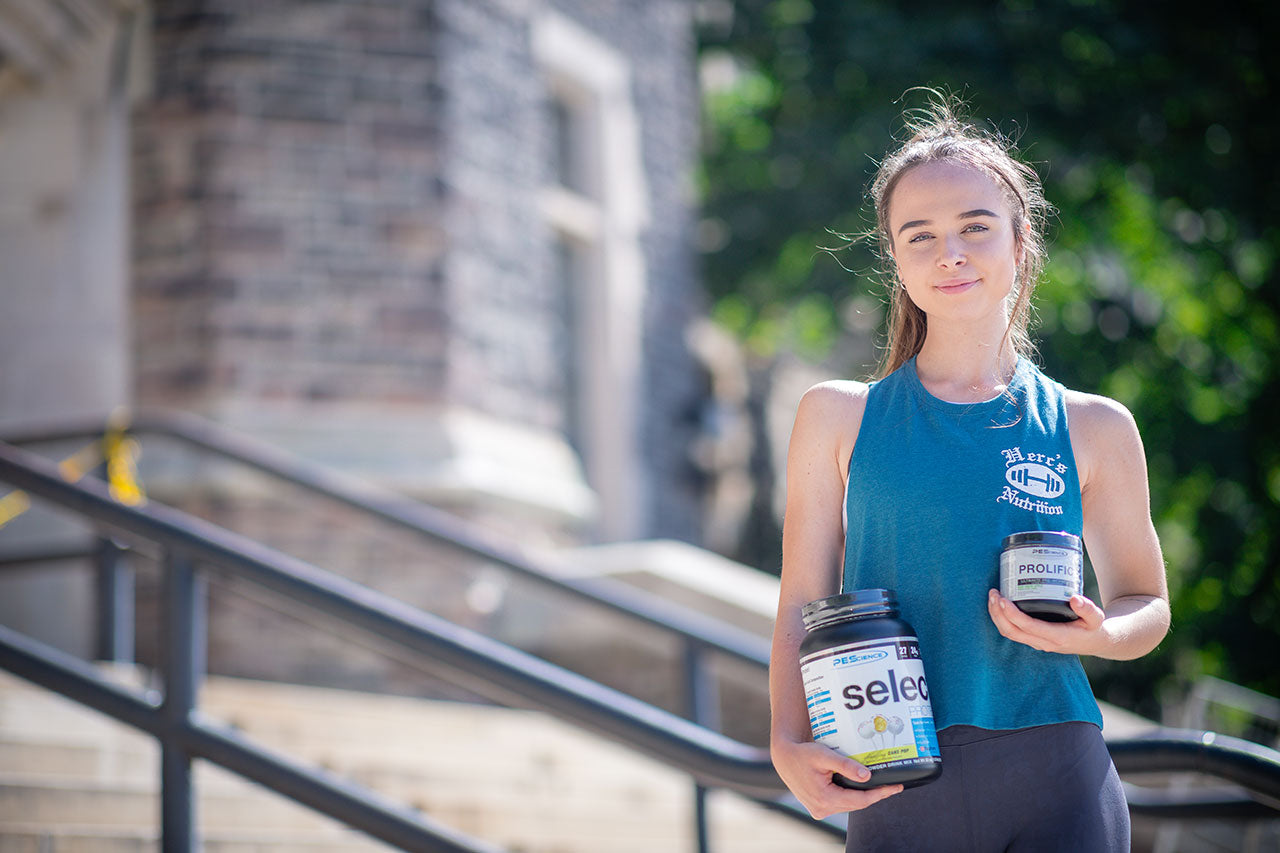

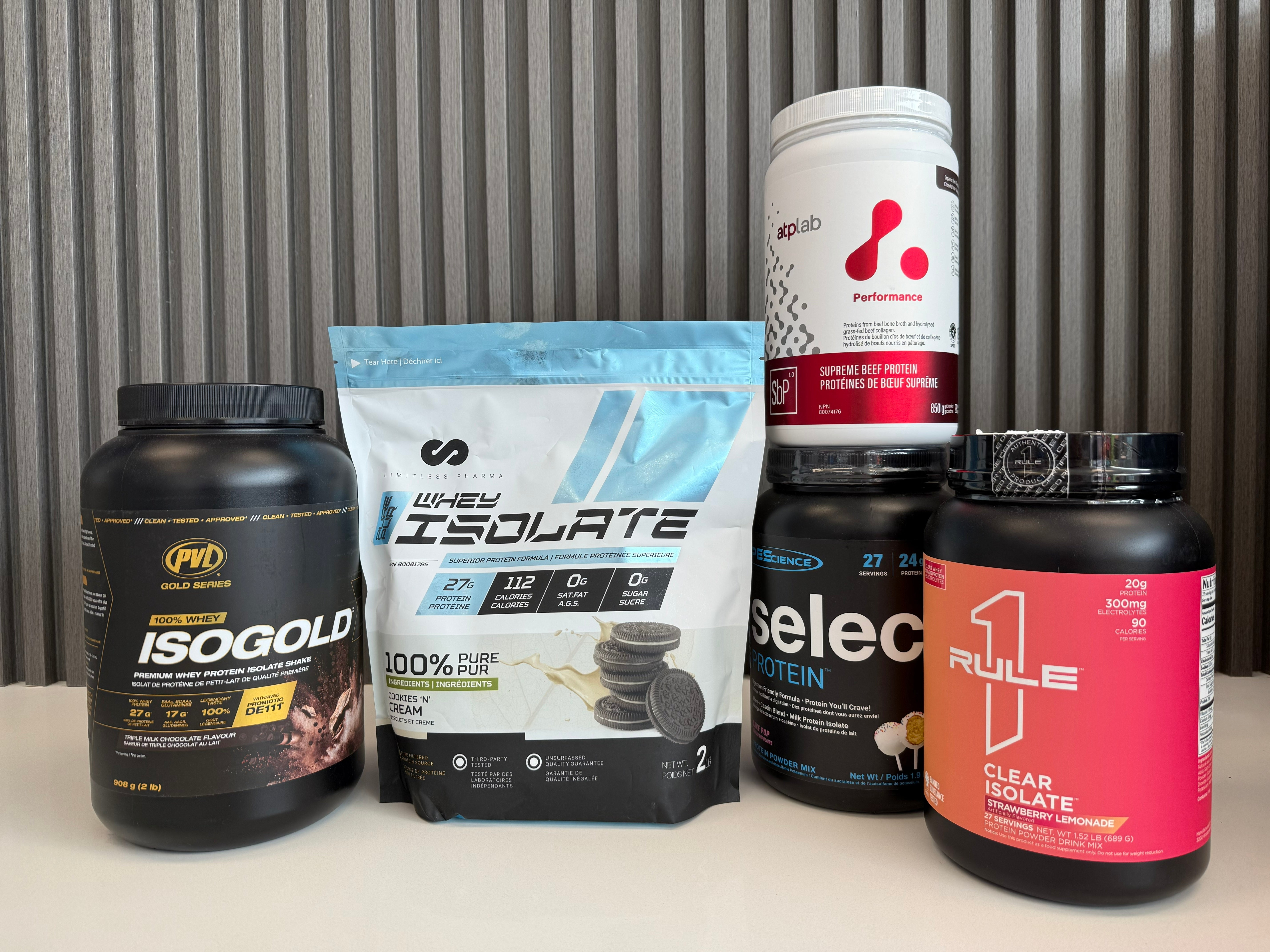
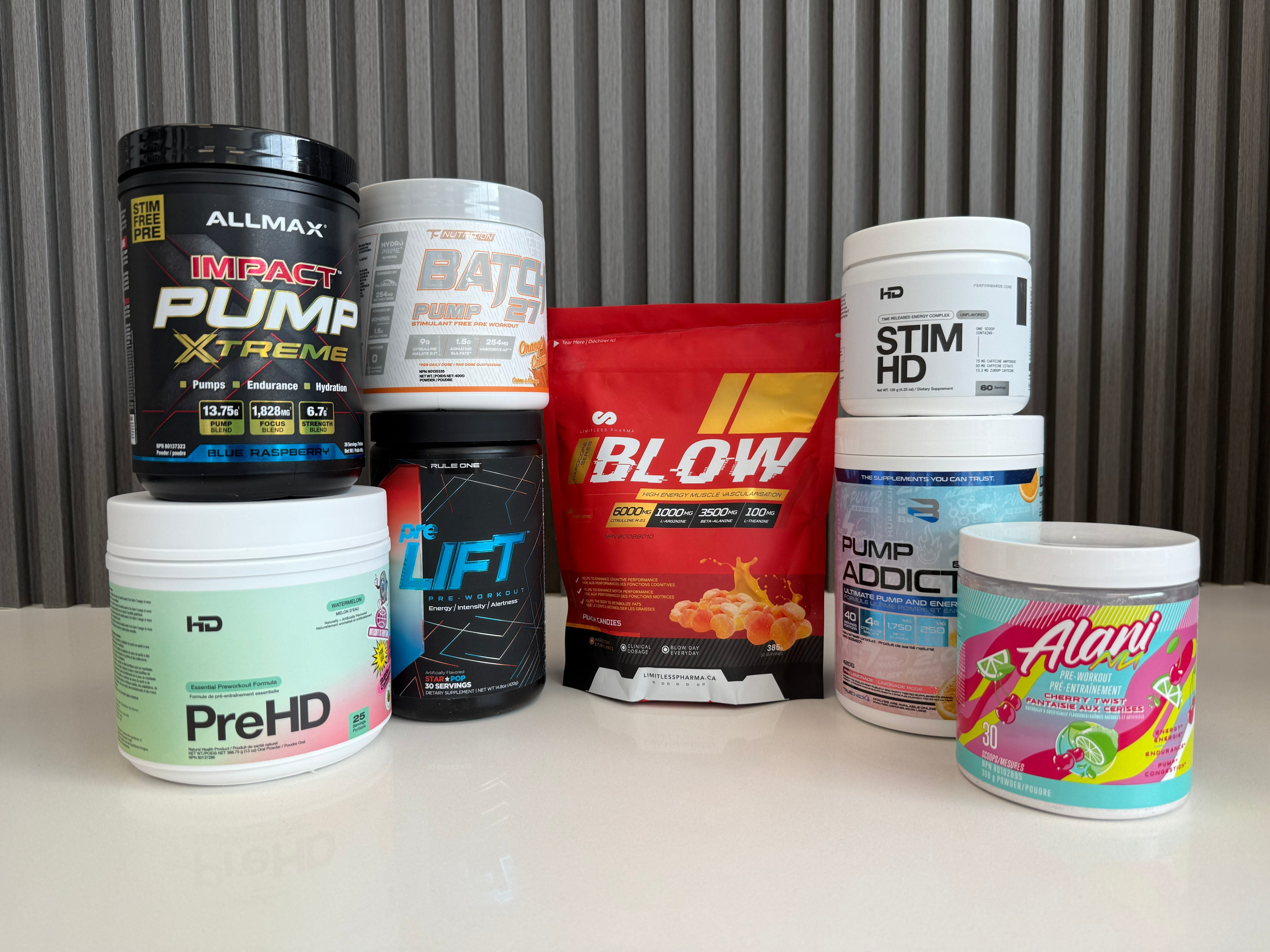
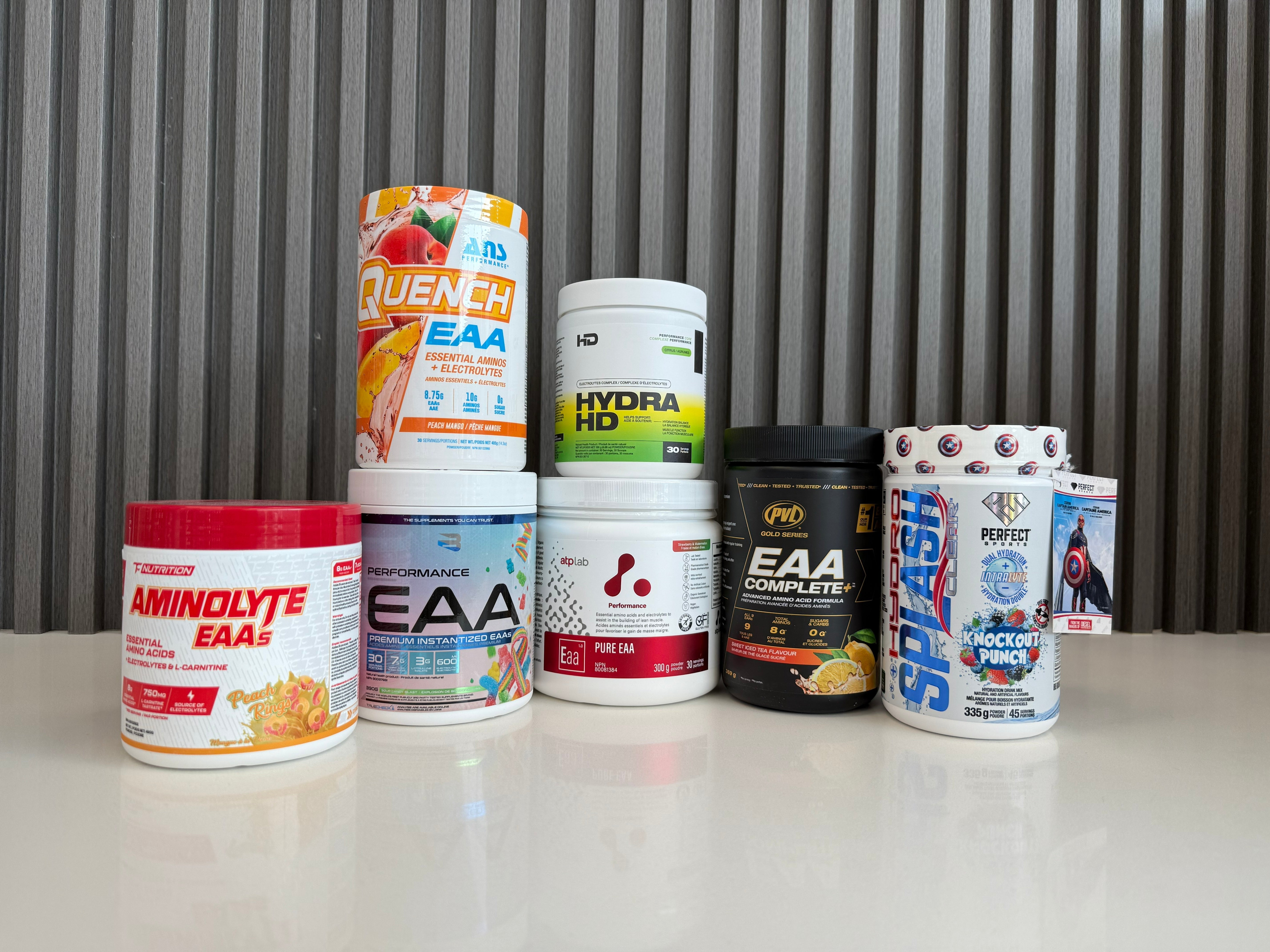
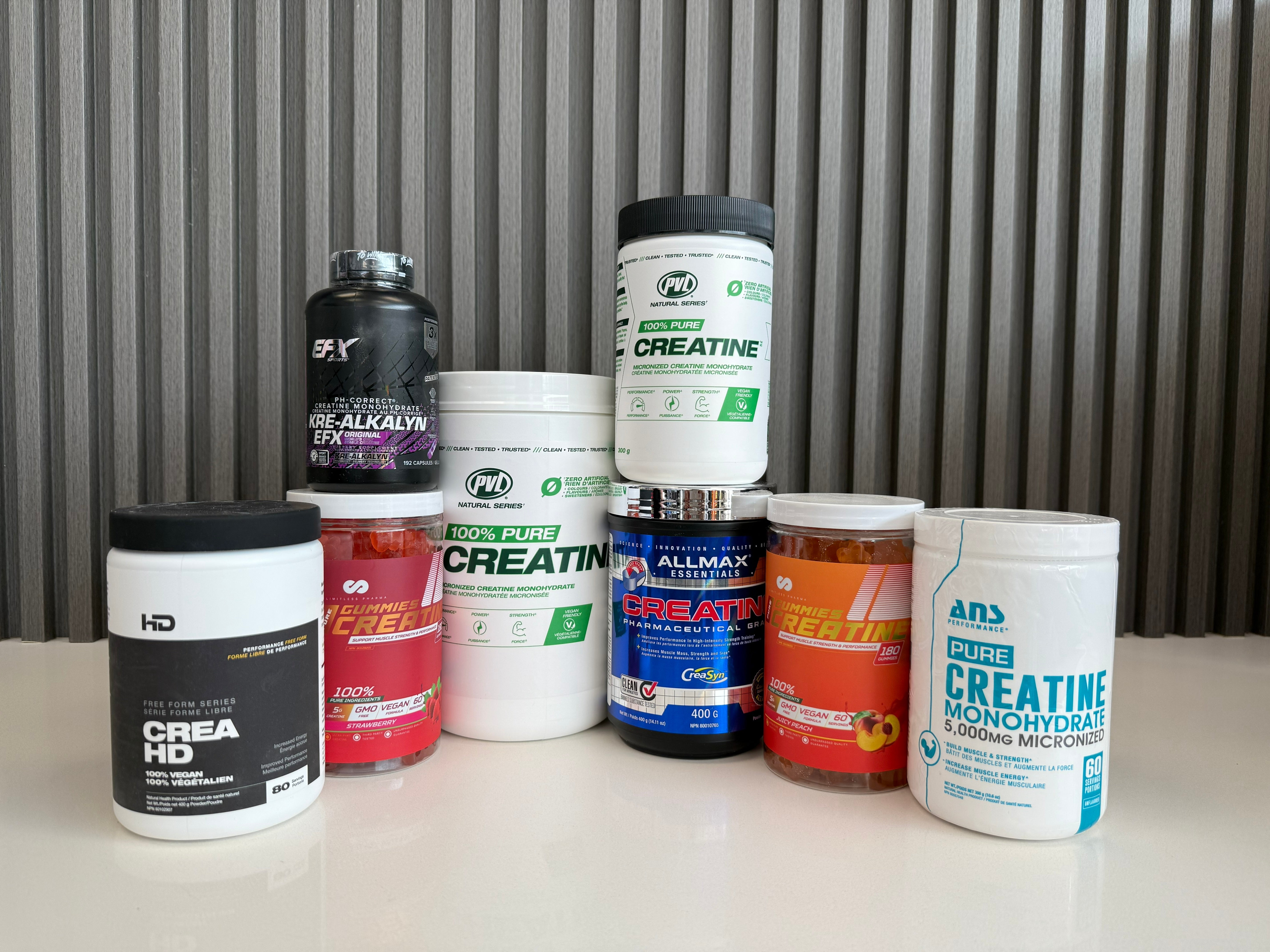
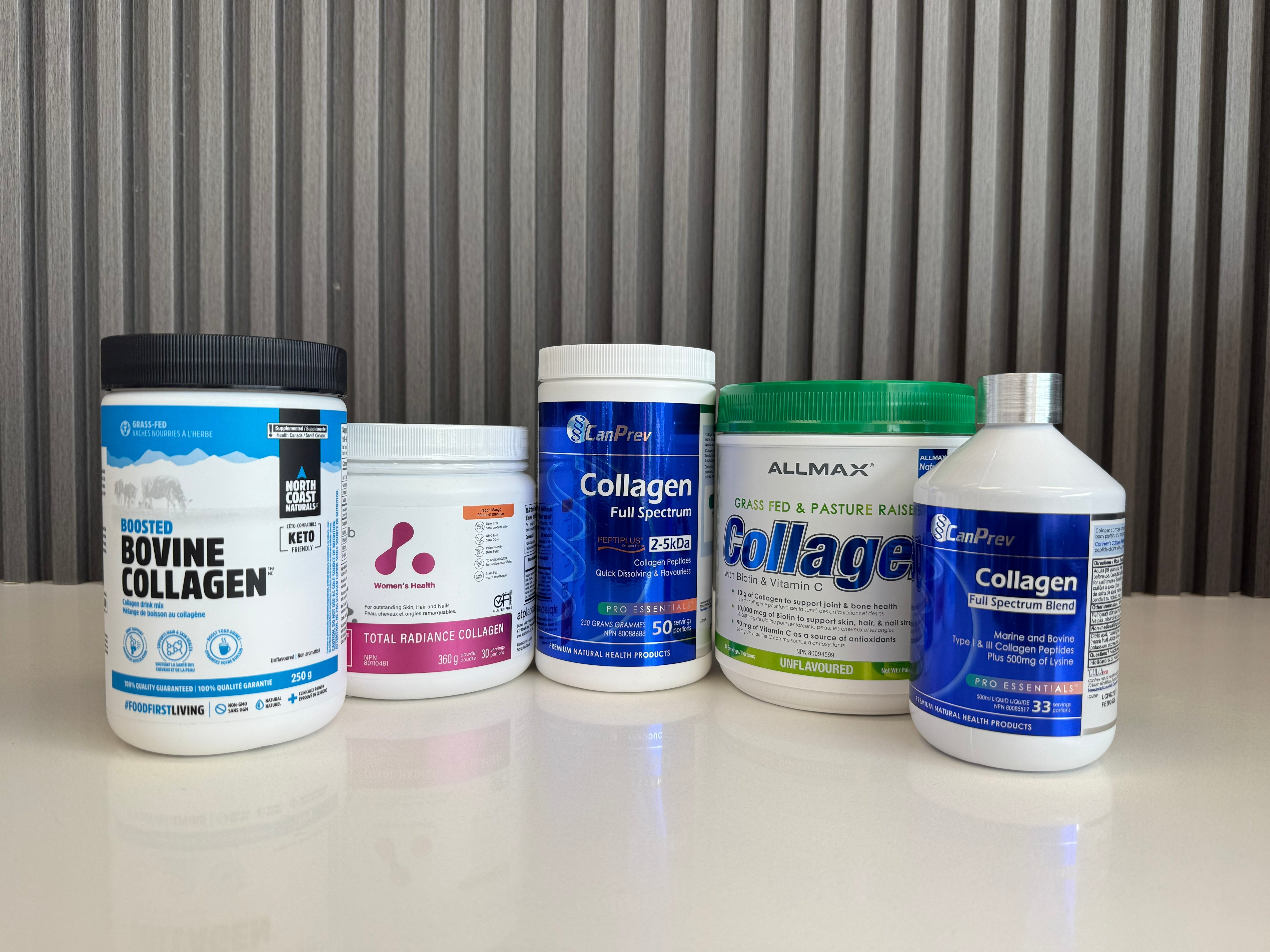
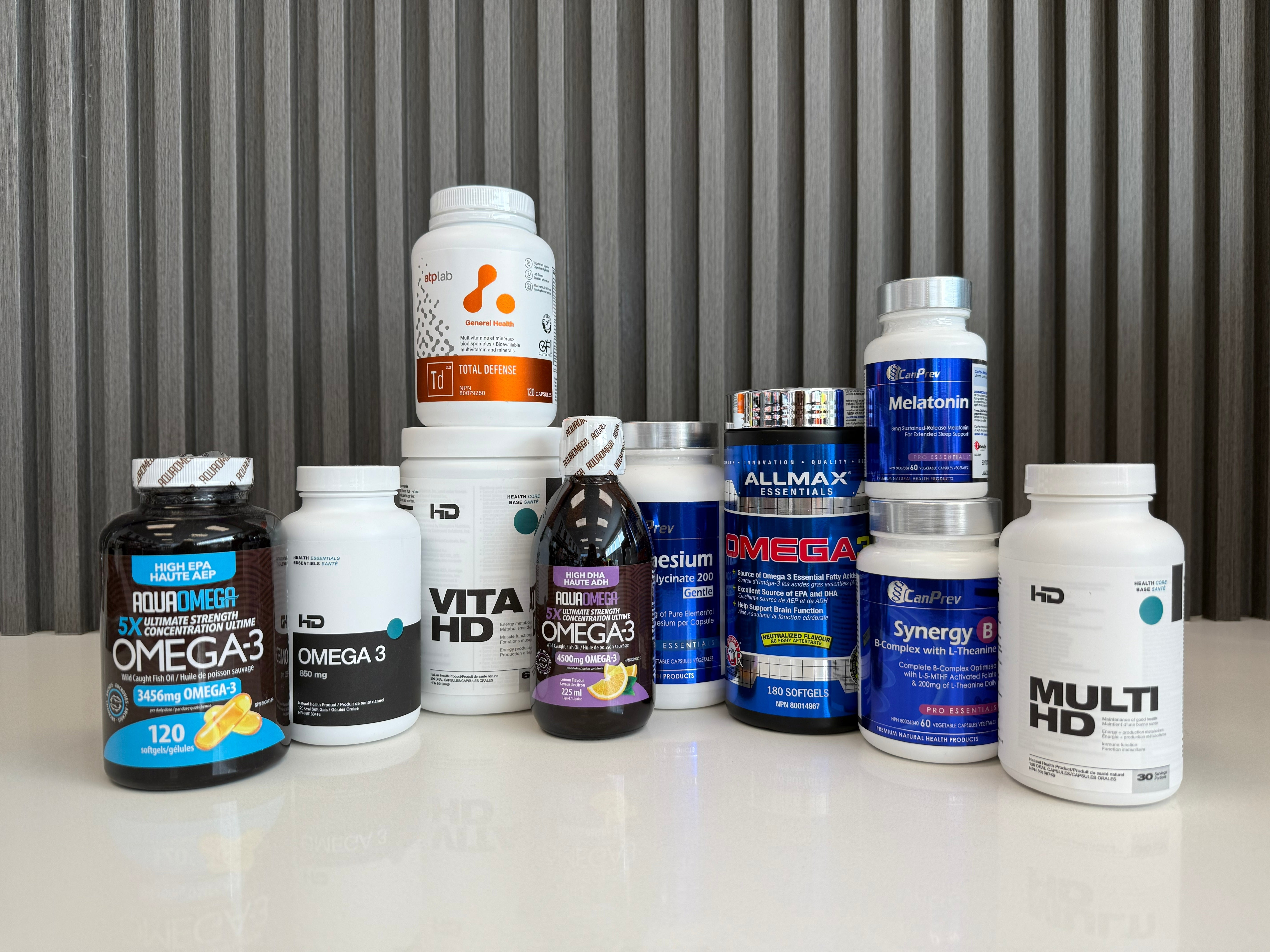
Leave a comment
All comments are moderated before being published.
This site is protected by hCaptcha and the hCaptcha Privacy Policy and Terms of Service apply.